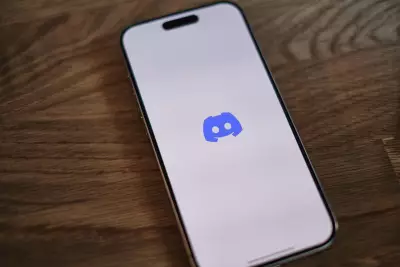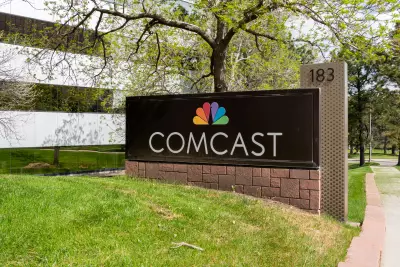Latest Articles
What You Need to Know about the Aflac Data Breach
Image by Jhelmsaflac, CC BY-SA 4.0, via Wikimedia Commons The American Family Life Assurance Company of Columbus (Aflac) is a Fortune 500 company that provides financial protection through supplemental life and health insurance products to millions of individuals worldwide.
What You Need to Know about the University of Phoenix Data Breach
The University of Phoenix was founded in 1976 and is headquartered in Phoenix, Arizona, as a private, for-profit university designed for working adults and non-traditional students balancing family, career, and education.
What You Need to Know about the 700Credit Data Breach
700Credit is the major provider of credit reports, fraud detection, identity verification, soft pull credit data, and compliance solutions in powersports, marine dealerships, and automotive in the United States.
What You Need to Know about the LastPass Data Breach
LastPass prides itself on being a pioneer in cloud security technology, providing password and identity management solutions for personal and business digital safety.
What You Need to Know about the Coupang Data Breach
Coupang, a company listed on the NYSE, is South Korea's largest online retailer and is headquartered in Seattle. It serves millions of customers in over 190 countries, including the United States, offering retail, video streaming, restaurant delivery, and fintech services worldwide under various brands.
What You Need to Know about the Harvard University Data Breach
Harvard University is the oldest college in the American colonies and one of the most prestigious universities in the United States.
What You Need to Know about the DoorDash Data Breach
Food delivery giant DoorDash recently suffered a cybersecurity incident that compromised sensitive customer and merchant information.
What You Need to Know about the Gmail Data Breach
As the foremost email storage and communications platform, Gmail's free web-based services have penetrated every market and niche.
What You Need to Know about the Envoy Air Data Breach
Founded in 1998, under the name American Eagle Airlines, Envoy Air's origins can be traced back to November 1, 1984, following the first American Eagle flight.
What You Need to Know about the Discord Data Breach
Discord is a messaging platform with over 200 million active users globally who connect and play games with their friends. Launched in 2015, the platform quickly became a favorite communication tool for gamers, offering voice, text, and video messaging options to help the gaming community connect and interact.
What you need to Know about the Allianz Life Data Breach
A subsidiary of the Allianz SE group, Allianz Life is a financial platform that helps Americans manage financial risks in retirement.
What You Need to Know about the Comcast Data Breach
Comcast is a global powerhouse as one of the foremost telecommunications and media conglomerates. It was established in 1963 as a small cable operator in Mississippi.

















